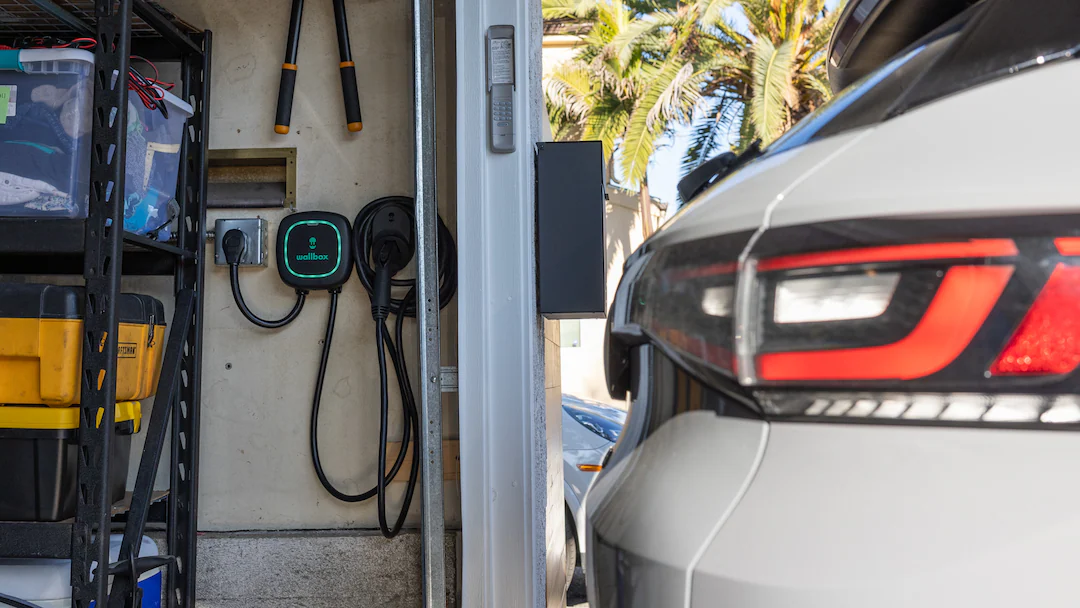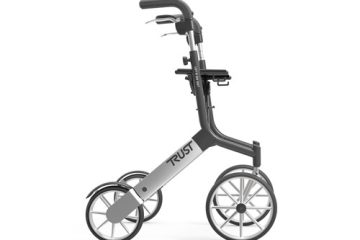Are you ready to make the switch to electric vehicles (EVs) but unsure how to navigate the world of EV charger meters? With electric cars becoming more popular, it’s essential to ensure your home charging setup is efficient and cost-effective. How do you choose the best electric car charging meters that suit your needs? Let’s delve into this vital topic and make your transition to EVs smoother and smarter.
Understanding EV Charger Meters
EV charger meters are crucial components in an electric car charging setup. These devices measure the amount of electricity consumed by your EV charger, helping you keep track of your energy usage and expenses. With rising energy costs and an increasing focus on sustainability, having an EV charger meter is not just a convenience but a necessity.
Types of EV Charger Meters
When it comes to selecting the right EV charger meter, there are several options to consider. The main types include:
1. Basic Meters: These provide simple readings of electricity consumption.
2. Smart Meters: These offer detailed data and connectivity features, allowing remote monitoring and control.
3. Sub-Meters: Installed specifically for EV charging, separate from your main household meter.
4. Integrated Meters: Built into the EV charger itself, offering a seamless solution. Each type has its advantages, depending on your requirements and budget.
Key Features to Look For
Choosing the right electric car charging meter involves understanding key features that can make a significant difference:
1. Accuracy: Ensure the meter provides precise readings to avoid discrepancies in energy consumption.
2. Connectivity: Smart meters with Wi-Fi or Bluetooth connectivity offer remote monitoring and control via smartphone apps.
3. Compatibility: Make sure the meter is compatible with your existing or planned EV charger.
4. Ease of Installation: Look for meters that are easy to install, reducing setup costs and hassle.
5. Data Analytics: Advanced meters provide detailed analytics on energy usage, helping you optimize charging times and costs.
Installation and Setup Tips
Installing an EV charger meter might seem daunting, but with the right approach, it can be straightforward. Here are some tips to ensure a smooth installation:
1. Professional Assistance: Hiring a certified electrician ensures safe and compliant installation.
2. Location: Choose a location that’s accessible but protected from the elements.
3. Proper Wiring: Ensure the wiring is adequate to handle the load of EV charging.
4. Testing: After installation, thoroughly test the meter to confirm it’s working correctly.
Maximizing Efficiency and Cost Savings
To get the most out of your EV charger meter, consider these strategies:
1. Time-of-Use Rates: Utilize time-of-use electricity rates by charging your EV during off peak hours.
2. Energy Management Systems: Integrate your EV charger with home energy management systems to optimize energy use.
3. Solar Power: If you have solar panels, use the meter to monitor and maximize the use of solar energy for charging.
4. Regular Monitoring: Keep an eye on your meter readings regularly to identify any unusual spikes in consumption.
When choosing an EV charger meter, consider reputable brands like Eastron Europe ev charger with meter. Known for their precision and reliability, Eastron Europe offers a range of meters that cater to different needs and budgets. Their products are designed with the latest technology, ensuring accurate readings and seamless integration with various EV chargers.
Conclusion
Choosing the best electric car charging meter for your home is a crucial step in optimizing your EV charging setup. By understanding the types, key features, and installation tips, you can make an informed decision that enhances efficiency and saves costs. Whether you opt for a basic meter or an advanced smart meter, ensuring compatibility and accuracy is vital. So, are you ready to make the smart choice for your EV charging needs? Dive into the world of EV charger meters and drive towards a sustainable future with confidence.



